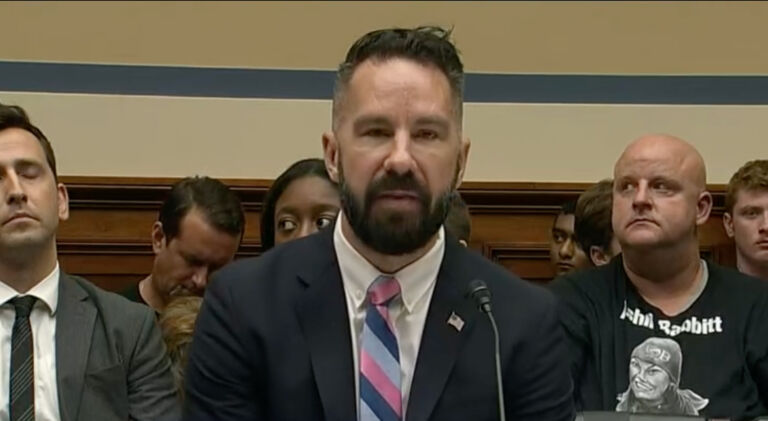Tyler Cowen writes for Bloomberg about significant problems within the Internal Revenue Service.
The recent Democratic bill on climate and taxes increases the funding for the Internal Revenue Service by an additional $80 billion over 10 years, with the purpose of collecting more revenue by enforcing existing tax laws. Bloomberg reports that the agency will use the money to “add auditors, improve customer service and modernize technology.” I have general sympathy for this idea, but the more I read from its defenders the more wary I feel.
The general chorus is that the IRS doesn’t have the people or technology needed to perform its mission. For instance, the nonpartisan Center on budget and Policy Priorities says that budget cuts have left the IRS “depleted,” with the agency losing 19% of its budget and 22% of staff between 2010 and 2021. The agency has also been struggling to replace workers who leave. …
… It’s easy to say that the IRS has not had the staff or the money to do the necessary upgrades. But hold on: These software upgrades are supposed to save money by enhancing productivity, letting organizations do more work with fewer people. A reasonable person can be forgiven for asking whether an agency with a $13.7 billion budget really doesn’t have enough to front some cash.
You might argue that IRS was too liquidity-constrained to shell out the cash up front, but is that argument believable? The improvements from better software usually pay off rather quickly, precisely because the software is labor-saving. The US has plenty of small to mid-sized businesses and non-profits with shrinking staffs and budgets. Yet most of those institutions have been able to upgrade to better software, often repeatedly. Unlike the IRS, many state tax agencies at least use scanners, and those are hardly the wealthiest or most nimble institutions in American society.


